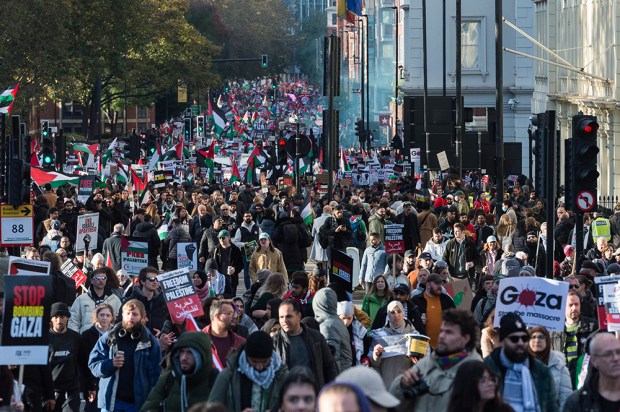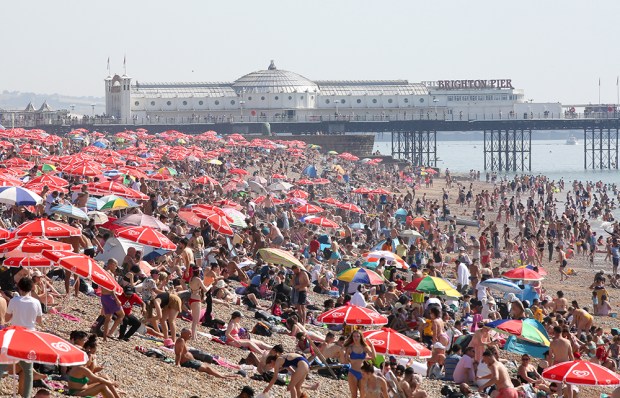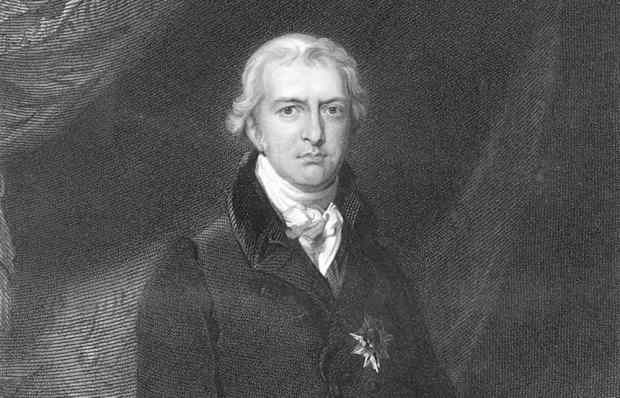A slice of history
Pizza Express is to undergo financial restructuring, leading to fears that it could go under. How did the pizza industry in Britain begin?
— The first record of an Italian restaurant was the Italian Eating House off Leicester Square, opened in 1803, though it is not known whether or not it served pizza.
— The Olivelli restaurant in Store Street, Bloomsbury, opened in 1934. Early documents found on the premises included a recipe for margherita pizza.
— Pizza Express was the first chain of pizza restaurants in Britain, its first branch opening in Wardour Street in 1965.
— Pizzaland opened its first branch in 1970. It was bought out and its branches converted to Pizza Hut in 1996.
— Pizza Hut first appeared in Islington in 1973, and Domino’s Pizza in Luton in 1985.
Death and taxes
Housing minister Robert Jenrick raised the possibility that the government might cut or abolish inheritance tax (IHT). Who pays IHT and how much does it raise?
— In 2016/17 4.6% of deaths resulted in an IHT bill. In the same year the tax raised £5.4 billion. It would have raised an additional £2.1 billion had it not been for agricultural and business relief.
— The percentage of deaths resulting in an IHT bill hit a high of 5.9% in 2006/07, then fell back as a result of the introduction of rules which allowed the surviving half of a couple to pass on their late spouse’s allowance.
— The percentage of deaths resulting in an IHT bill fell to a low of 2.7% in 2009/10 before recovering.
Fleeing justice
The wife of a US diplomat left the country following a fatal road collision with a motorcyclist and will not return, citing diplomatic immunity. How often is diplomatic immunity claimed? The Foreign Office published figures relating
to the year 2014. In that year:
— £536,000 worth of parking fines in London went unpaid, although negotiations later reduced that to £322,000. The worst non-payers were Nigeria (£49,000) and Zambia (£42,000).
— £743,850 worth of non-domestic rates went unpaid. The worst offenders were Bangladesh (£98,963) and Sierra Leone (£60,000).
— Between 2003 and the end of 2014 foreign diplomats ran up £87 million worth of London congestion charges and fines. The worst offenders were the US
(£9.4 million and Japan (£6.4 million).
Got something to add? Join the discussion and comment below.
Get 10 issues for just $10
Subscribe to The Spectator Australia today for the next 10 magazine issues, plus full online access, for just $10.
You might disagree with half of it, but you’ll enjoy reading all of it. Try your first month for free, then just $2 a week for the remainder of your first year.














Comments
Don't miss out
Join the conversation with other Spectator Australia readers. Subscribe to leave a comment.
SUBSCRIBEAlready a subscriber? Log in